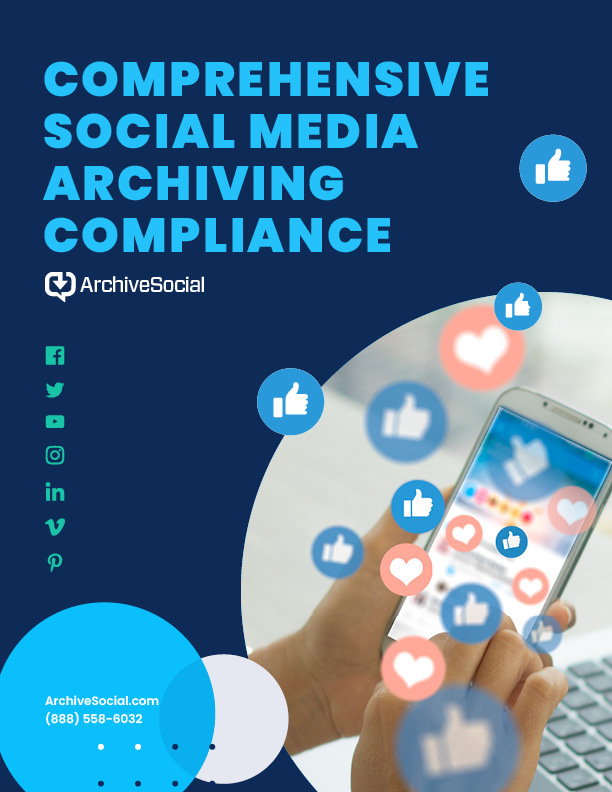It’s not if, it’s when. We need to be ready.
This is what we hope to hear from our prospective government customers when we ask about the possibility of receiving a public records request for social media content. And we often do hear this exact response. But, not everyone in government has come around to the idea that their day-to-day social media communications might need to be retained as long-term government records. Well, I was recently browsing Twitter and came across a surprisingly fitting example of a public records request for social media in action.
A Public Records Request for Social Media… via Social Media
Please note: I am purely an outside observer in this situation, and the information that follows is simply what I gleaned from following the conversation on Twitter.
It appears that a Seattle citizen going by the Twitter handle of @sleepylemur has been keeping up with Seattle PD’s “Tweets by Beat” feeds, and noticed that there are sometimes gaps with the delivery of information (on a side note, the “Tweets by Beat” program is a fantastic initiative we’ve written about before). He decided that he wanted to see a full archive of the tweets and, while communicating with the @SeattlePD’s Twitter account, he made a public records request for that social media content via his own Twitter account. In other words, he sent a tweet requesting records of tweets – how meta!
@SeattlePD want the archives of Tweets available from Twitter for each beat: https://t.co/QAZsosYfen @jseattle Consider this a PRA req, plz
— lee.c (@sleepylemur) April 29, 2014
The @SeattlePD Twitter account ultimately directed him to submit a records request through their website, but it is interesting to note that the original request came through social media. It’s also worth considering if the tweet requesting the records is a record itself, and needs to be retained.
The citizen further indicated his interest in the metadata, which is something that we at ArchiveSocial greatly emphasize when we discuss various approaches to social media record keeping, and the need for what we call “authentic capture”. In fact, the Supreme Court in the State of Washington has ruled that metadata is part of the public record and must be retained per Washington’s Public Records Act.
@SeattlePD @jseattle I’m interested in the metadata cc @SeattlePrivacy
— lee.c (@sleepylemur) April 29, 2014
The Challenge of Responding
Here is what he received in response to his public records request for social media content:
Pursuant to RCW 42.56.520, this is notification that we have received your public disclosure request, and we anticipate it may take up to 3 weeks from the date of this notification to respond. Therefore we anticipate a response to you on or about May 28, 2014.
This additional time is used to research this request, collect responsive records, and/or prepare records for dissemination. Please note: Seattle Police Department currently receives approximately 4,000 public disclosure requests annually.
Three week response time and 4,000 requests annually. Wow, Seattle PD has a lot on their plate from a public disclosure perspective. This particular request is fairly straightforward in the sense that it is only requesting public tweets shared by Seattle PD. The request does not include any third party content such as Twitter replies and private messaging. Yet, it is easy to see how difficult and costly it might be for a police department to fulfill a public records request for social media content — especially if they have to rely on Twitter’s incomplete archive feature or manual record keeping procedures. And what if there are more records requests to follow?
Our hope, and the goal of ArchiveSocial, is to ensure that public records requests like these are never a burden. Citizens have a legal right to request records from their government — including records of government communications sent and received across social media. Likewise, public agencies are striving to do the best they can with very limited resources, and ultimately, should not be consumed with public information requests when their primary responsibility is to protect the public and serve their citizens.
Yes, there is an easy, effective, and affordable way to ensure your public agency can successfully respond to a public records request for social media. The question is not “if” you need to put a strategy in place for social media archiving, but “when”.

